The State of Sound – A Roadmap for Music in the Triad
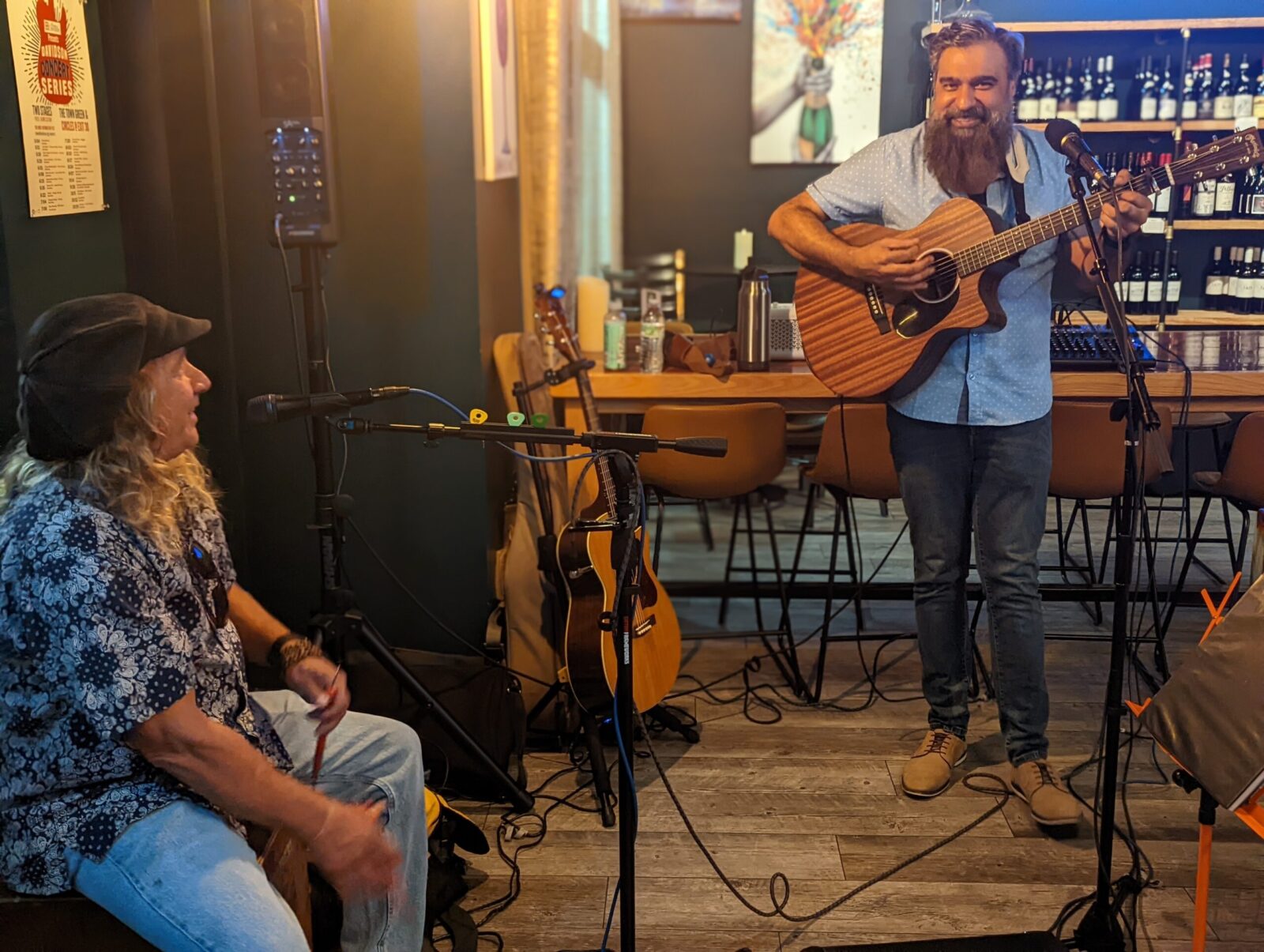
Last Friday night, I was packed into a corner of a local spot, watching a songwriter absolutely pour their soul out on stage. The room was buzzing. The talent was undeniable. And I had this thought that’s probably familiar to anyone who loves music in the Triad: We have something special here.
But then the other, more familiar thought crept in right behind it: Passion doesn’t pay the bills. Talent can’t thrive without support.
For years, we’ve all felt it. We’ve talked about it in green rooms, over cheap beer after a set, and in frustrated text threads. We’ve felt that disconnect between the incredible art being made and the flimsy infrastructure holding it all up.
Now, for the first time, we have a clear picture of what that disconnect actually looks like. The 2024 Greater Greensboro Music Census wasn’t just a survey; it was our community holding a mirror up to itself. (A huge thank you to the organizations that made it happen.) The data it produced reveals a powerful paradox: our music scene is rich in talent and collaborative spirit, but it’s struggling under the weight of an ecosystem that just isn’t built to sustain it.
But this isn’t just another report destined to collect dust on a digital shelf. This data is a map. And it’s time we started following it.
The Findings: The Hard Truths & The Hidden Strengths
Let’s not sugarcoat it. The census laid out some uncomfortable realities about what it means to be a working musician in our region.
The Struggle is Real: Our Musicians are Undervalued.
The numbers are stark. The average music income for a local musician is around $18,000 a year, which makes up just 24% of their total household income. Think about that. Music, for most, is a passion subsidized by a day job. The report quoted someone saying, “$100 gigs are a joke but they’re still tons of them,” and I don’t know a single musician who didn’t feel that in their bones. Add to that the fact that our venues average only 56 live events per year—lower than other cities—and you see the problem. There isn’t enough work, and the work that exists often doesn’t pay a living wage.
The DIY Burden: Our Artists are Doing It All Alone.
We’ve always prided ourselves on our DIY spirit, and that resilience is a strength. But the data shows it’s also a heavy burden. A staggering 79% of artists here handle their own publicity. They are their own booking agents, marketers, social media managers, and roadies. They’re so busy running the business of being a musician that it’s a miracle they have any creative energy left to actually make music.
The Desire is There: We Want to Connect and Grow.
Here’s where the story turns. The census didn’t just show us the problems; it showed us the solution. It revealed a deep, collective hunger for something better. 58% of us want a place to connect and collaborate musically. The demand for actual support is overwhelming: 75% want grant programs, and 61% want an online directory of local music services.
This is our mandate. The community has spoken, loud and clear. And maybe the most important number of all? 64% of us want a community-based, collaborative approach to advocacy. We don’t want a top-down solution. We want to build this ourselves, together.
The Initiative: Introducing TriadMusic
So, we have the map. It’s time to build the roads.
TriadMusic isn’t just a website. It’s our community’s direct answer to the challenges and desires revealed by the census. It’s an ecosystem designed by and for the people who make our scene what it is.
In Response to Disconnection, We’re Building The Hub. The core of TriadMusic will be a central platform featuring comprehensive profiles for musicians, bands, venues, producers, photographers, and studios. No more endless searching or relying on word-of-mouth. It’s the online directory we asked for, with an aggregated event calendar that will finally give us a complete picture of everything happening in our scene.
In Response to Financial Instability, We’re Building The Economy. We’re tackling the money problem head-on. The platform will include a dual-marketplace with a standard gig board and a “Reverse Gig Board” where artists can post their availability and rates. To directly combat low pay, we’re implementing an artist-first 95/5 revenue split. We’re also creating new income streams, like “Acoustic Greetings,” to help artists earn money beyond the stage.
In Response to the DIY Burden, We’re Building The Amplifier. To help artists focus on their art, we’re creating the TriadMusic Creator Residency. This isn’t a battle of the bands. It’s a direct investment in our ecosystem. We will fund a local artist to hire a team of other local creatives—engineers, videographers, designers—to produce a professional EP and music video. That music will be released through TriadMusic Recordings, our own micro-label, creating a long-term 50/50 revenue stream for the artist. We build the team so the artist can build their career.
In Response to Needing Our Own Data, We’re Building The Compass. The 2024 census was a great start. The TriadMusic 2026 Census & Community Initiative will make it our own. We will lead a recurring, regional census to keep our finger on the pulse of our scene. The results will be published in the TriadMusic 2025 Yearbook—part report card, part celebration of the incredible talent in our community.
Let’s Build This Thing. Together.
This is the part where I need to be absolutely clear: I can’t do this alone. TriadMusic will only succeed if the community it’s built to serve gets involved. This is an all-hands-on-deck moment.
- For Musicians, Venues, & Creative Businesses: Your first step is simple. Go to TriadMusic.org and sign up for our mailing list. You need to be counted, and you need to stay informed. You’ll be the first to know when profiles go live and how to get plugged in.
- For Community Leaders & Potential Partners: We are actively building a coalition. If you’re with an arts council, a local business, or a foundation that believes in the power of music to enrich our community and drive our economy, let’s talk.
- For Everyone Who Loves Music: Share this post. Tell your friends. Talk to your favorite artists and the owner of your favorite venue about what’s coming. The conversation starts right now.
The data has shown us our weaknesses, but more importantly, it has illuminated our strengths and our shared desires. We have the talent. We have the collaborative spirit. And now, finally, we have a plan.
Let’s get to work.











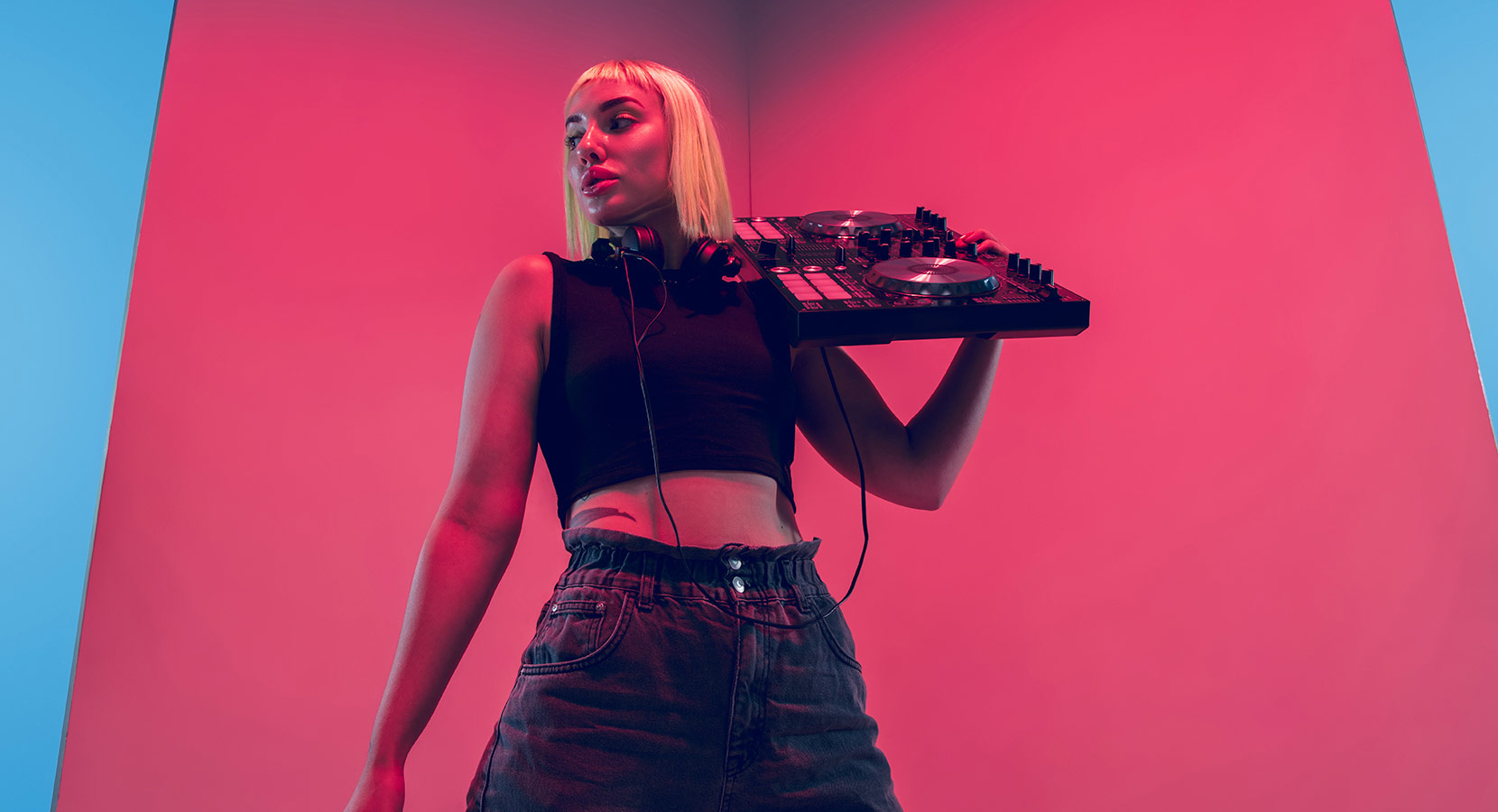

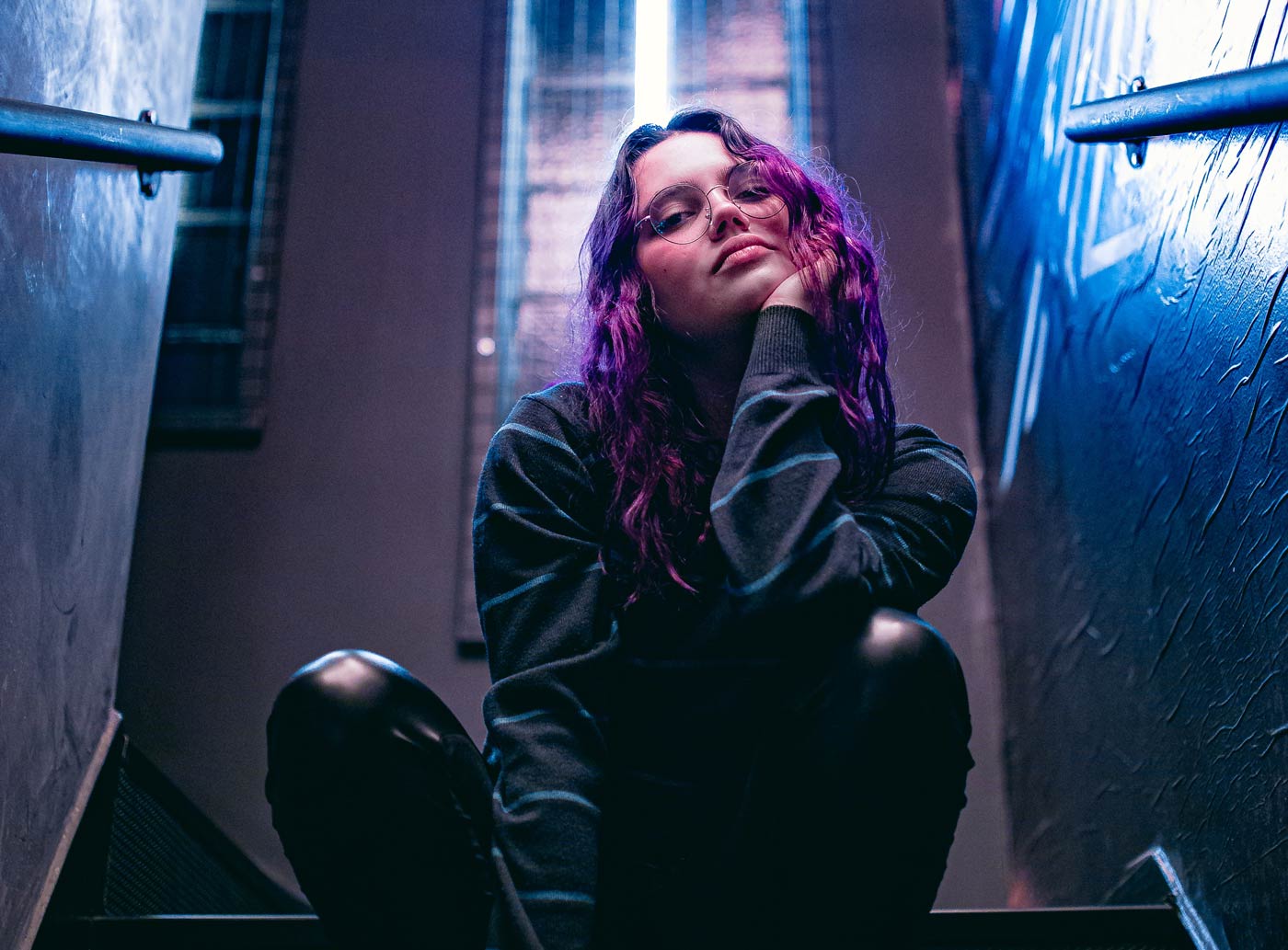
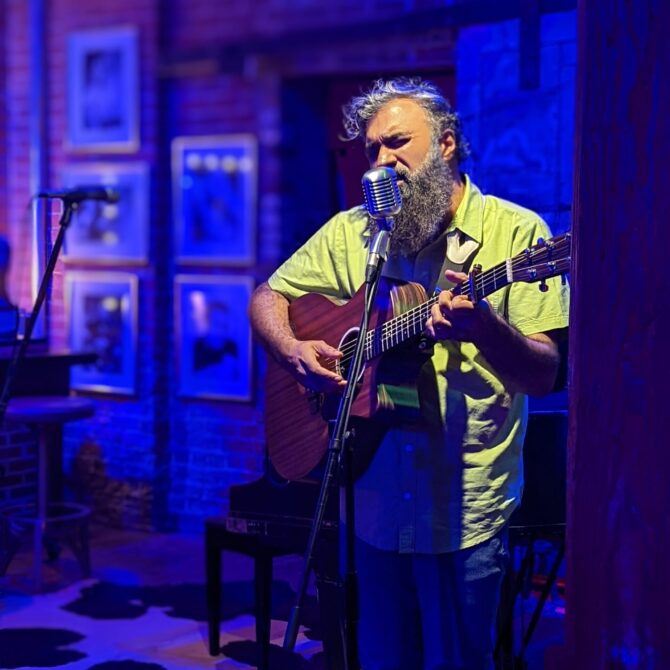
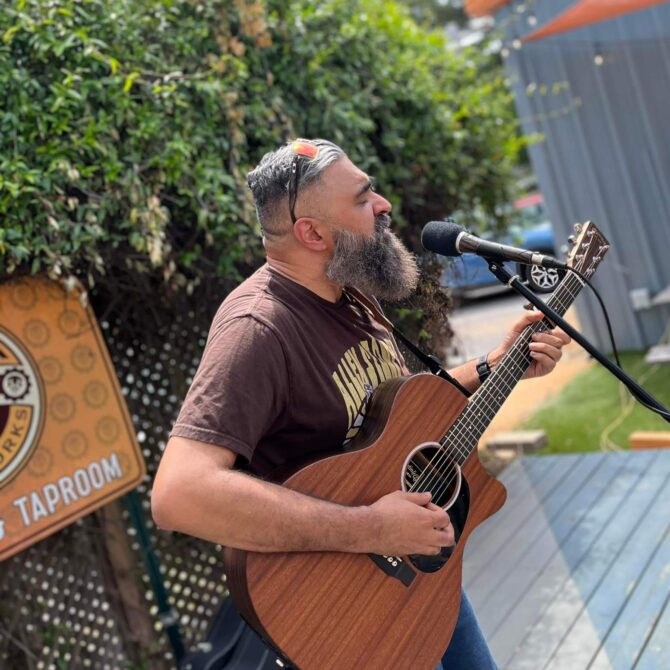
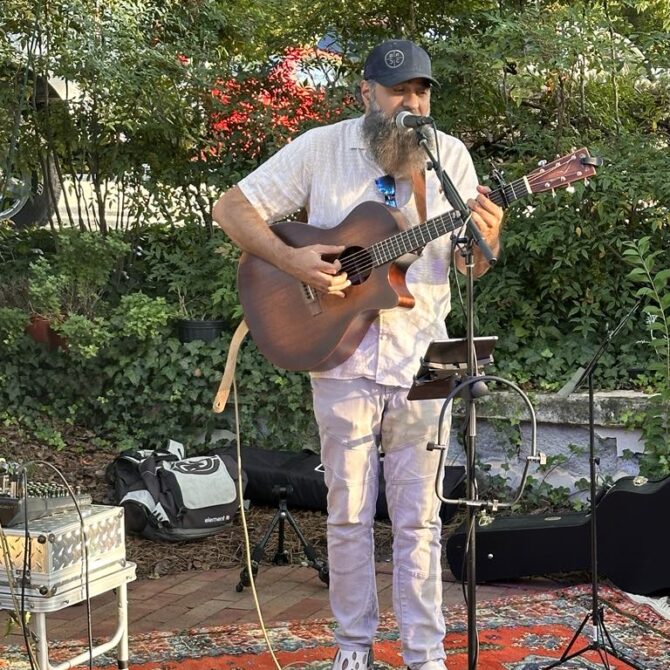
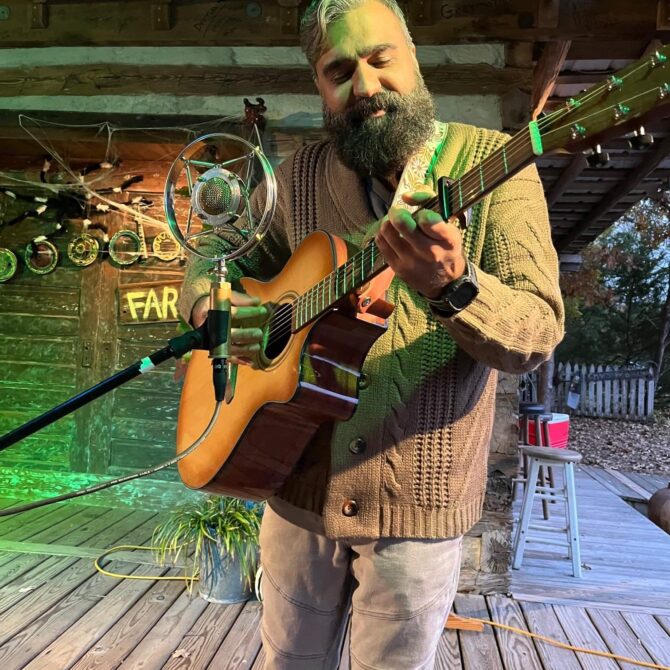
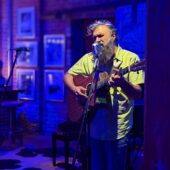
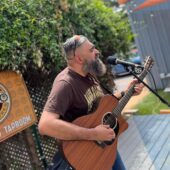


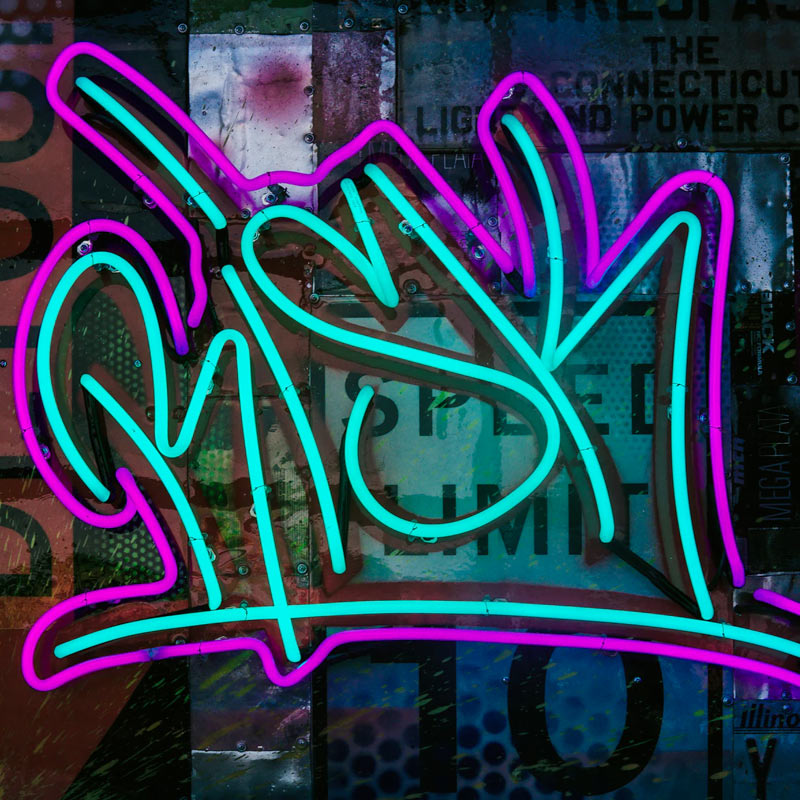
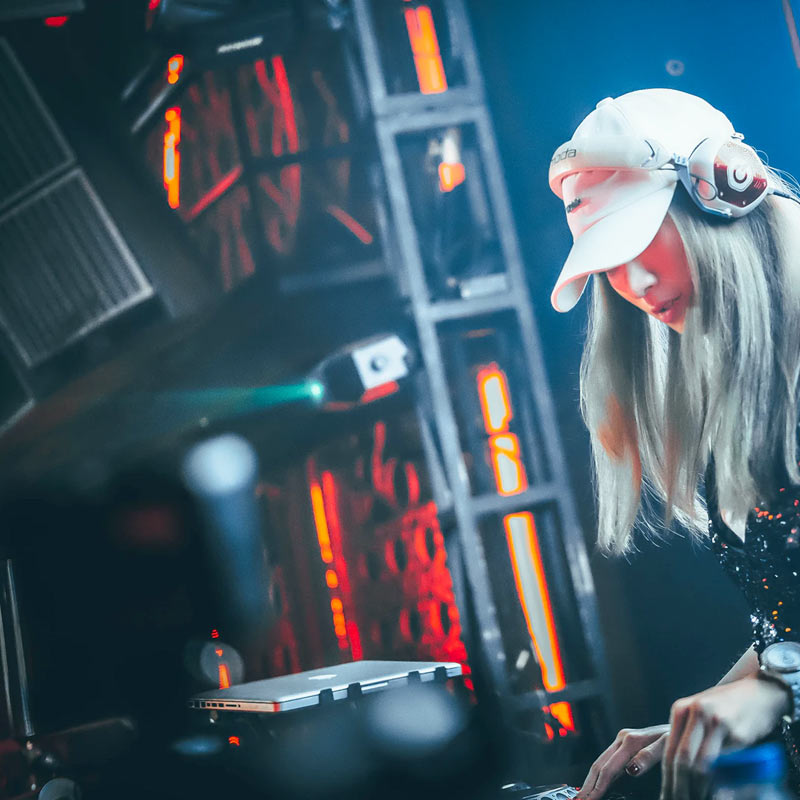

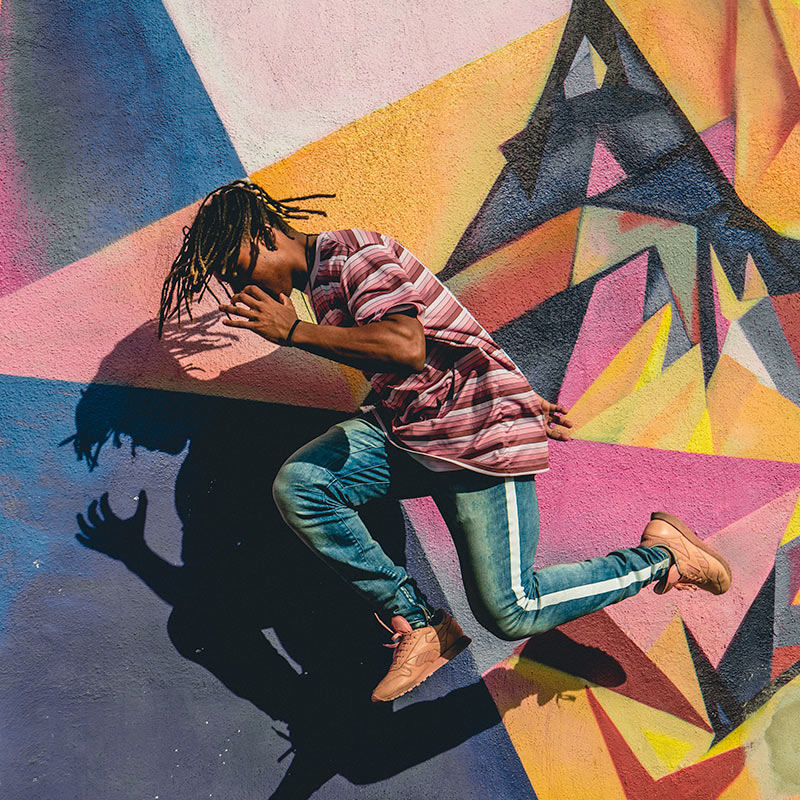
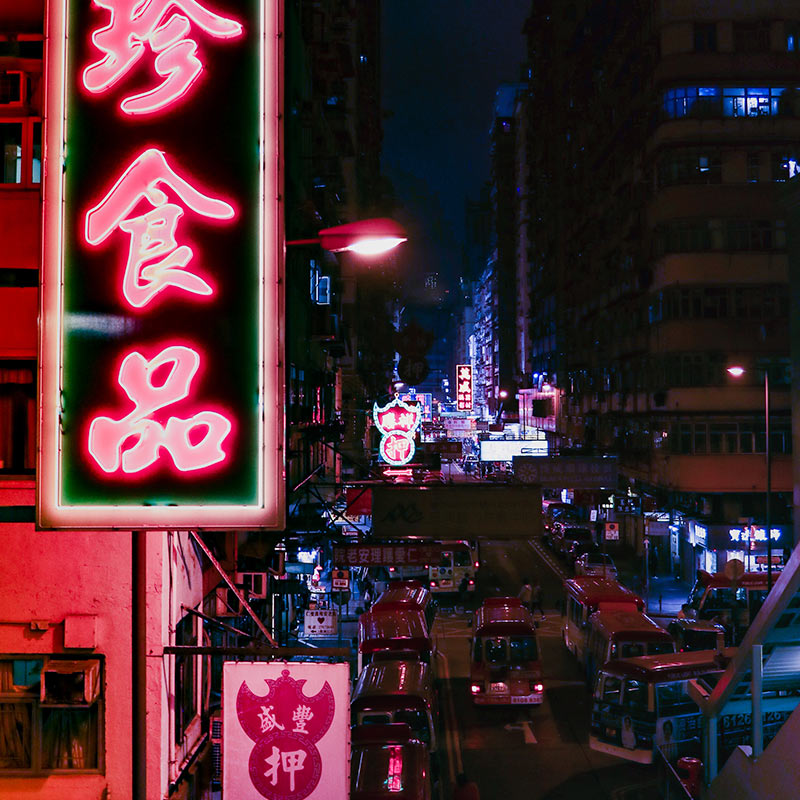



Comments
This post currently has no comments.